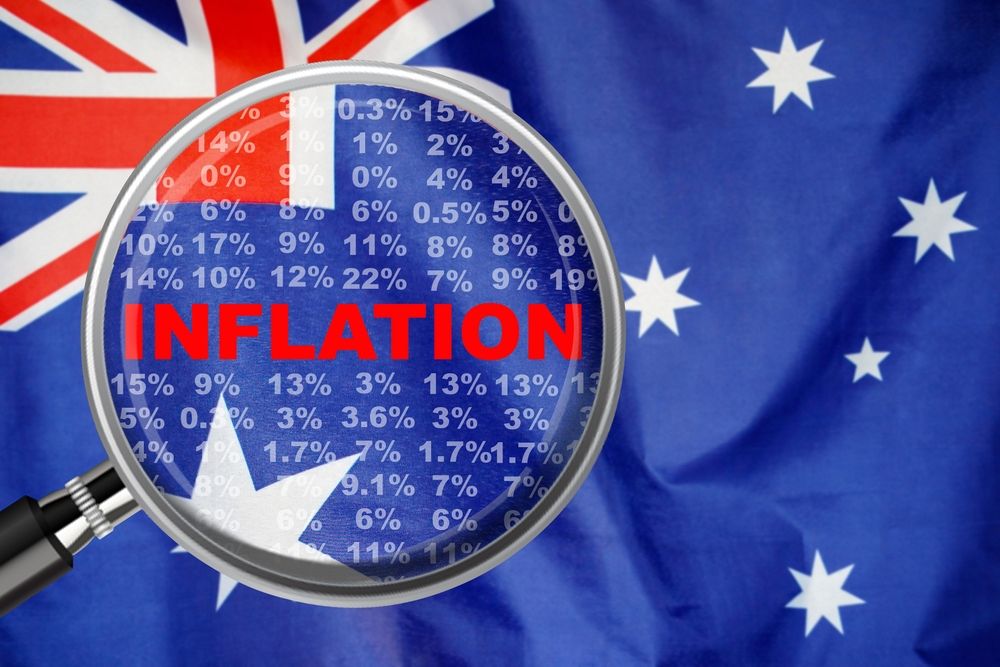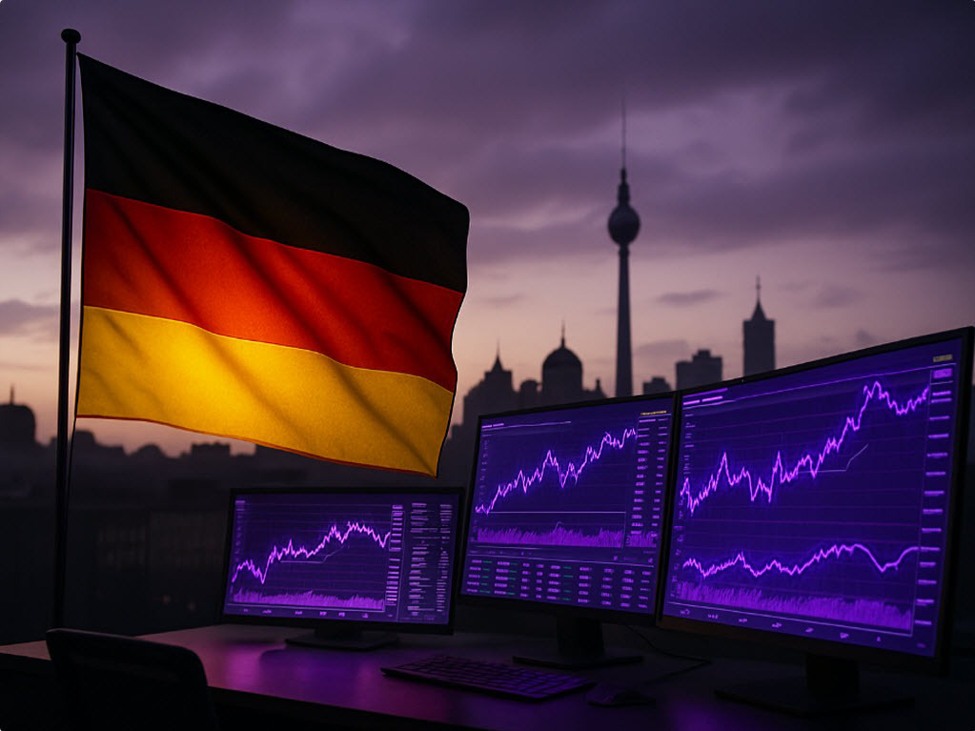Global markets on Wednesday morning witnessed the release of key economic indicators reflecting a mixed picture of the international economy. From falling business confidence in Germany to accelerating inflation in Australia, and a sharp rise in Alibaba’s stock fueled by expanded AI investments, investors are watching how these developments may shape global market movements in the coming period.
German IFO Business Climate Index Falls to 87.7 in September
The IFO Institute for Economic Research released its German Business Climate Index data for September on Wednesday morning, which came in below market expectations at 87.7 points.
Forecasts had pointed to 89.3 points, while the previous August reading was revised slightly to 88.9 from 89.0.
This index is a key gauge of the health of the German economy, reflecting trends in spending, hiring, and investment through a survey of about 9,000 companies. Changes in its readings are considered an early signal of future economic activity.
Australian Inflation Accelerates to 3%, Highest in a Year

Australia’s National Bureau of Statistics reported Wednesday that the Consumer Price Index (CPI) rose at a faster-than-expected pace in August.
Annual inflation climbed to 3%, the highest level in a full year, compared to 2.8% in July. The reading exceeded market forecasts of 2.9%.
Australian inflation data are a key measure of consumer prices and the health of the domestic economy, and they strongly influence financial markets and the local currency.
This latest increase is likely to intensify pressure on the Reserve Bank of Australia to consider further interest-rate hikes to contain inflation, a move that could significantly impact the Australian dollar in the coming period.
Alibaba Stock Jumps to Highest Level Since 2021 on Expanded AI Investments
Shares of Alibaba Group Holding, listed on the Hong Kong Stock Exchange, surged after the company announced plans to expand its investments in artificial intelligence and launch new products. Key details include:
- The stock rallied to its highest level since 2021 following the company’s announcement of increased AI investments and new product launches.
- At the annual Alibaba Cloud Conference, CEO Eddie Wu said the company will continue to boost spending on AI models and infrastructure, outlining an ongoing three-year, 380 billion yuan (≈ $53 billion) investment plan.
- Wu told CNBC: “We are vigorously developing a three-year, 380 billion yuan AI infrastructure initiative and plan to maintain and increase our investments in line with our strategic vision for the era of advanced artificial intelligence.”
- The company also unveiled the latest version of its large language model Qwen3-Max, along with a series of other updates to its AI product suite.
- Alibaba’s share price jumped 6.34%, reaching HK$169.4, marking its best performance in nearly three years.
These developments highlight a mix of challenges and opportunities in the global economic landscape. While Germany faces pressures on business confidence and Australia confronts renewed inflationary forces that may prompt tighter monetary policy, Chinese companies such as Alibaba are capitalizing on the strong momentum in artificial intelligence—factors that could drive significant moves in financial markets and currencies in the months ahead.

